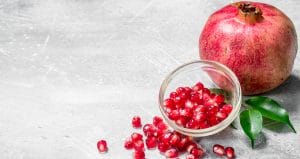When it comes to talking about diet, protein has always been top of that conversation, you can hear guys at the gym saying to one another, ‘yeah bro, I take 2 grams of protein per lb of bodyweight, that’s what you need to do to build solid muscle, you should do the same’…blah blah blah blah. Bro science at work!
But what about your carbs, fats, forget that, are you even allowed to eat fruit and vegetables anymore? As they obviously don’t have any protein in them…
Well fear not as the old adage of, ‘don’t forget to eat your greens’ isn’t dead (just yet), as fruit and vegetables have more benefits than you may have initially thought.
So I am going to breakdown the Top 8 fruit and vegetables that can help boost and take your gains to the next level.
1. Pomegranates:
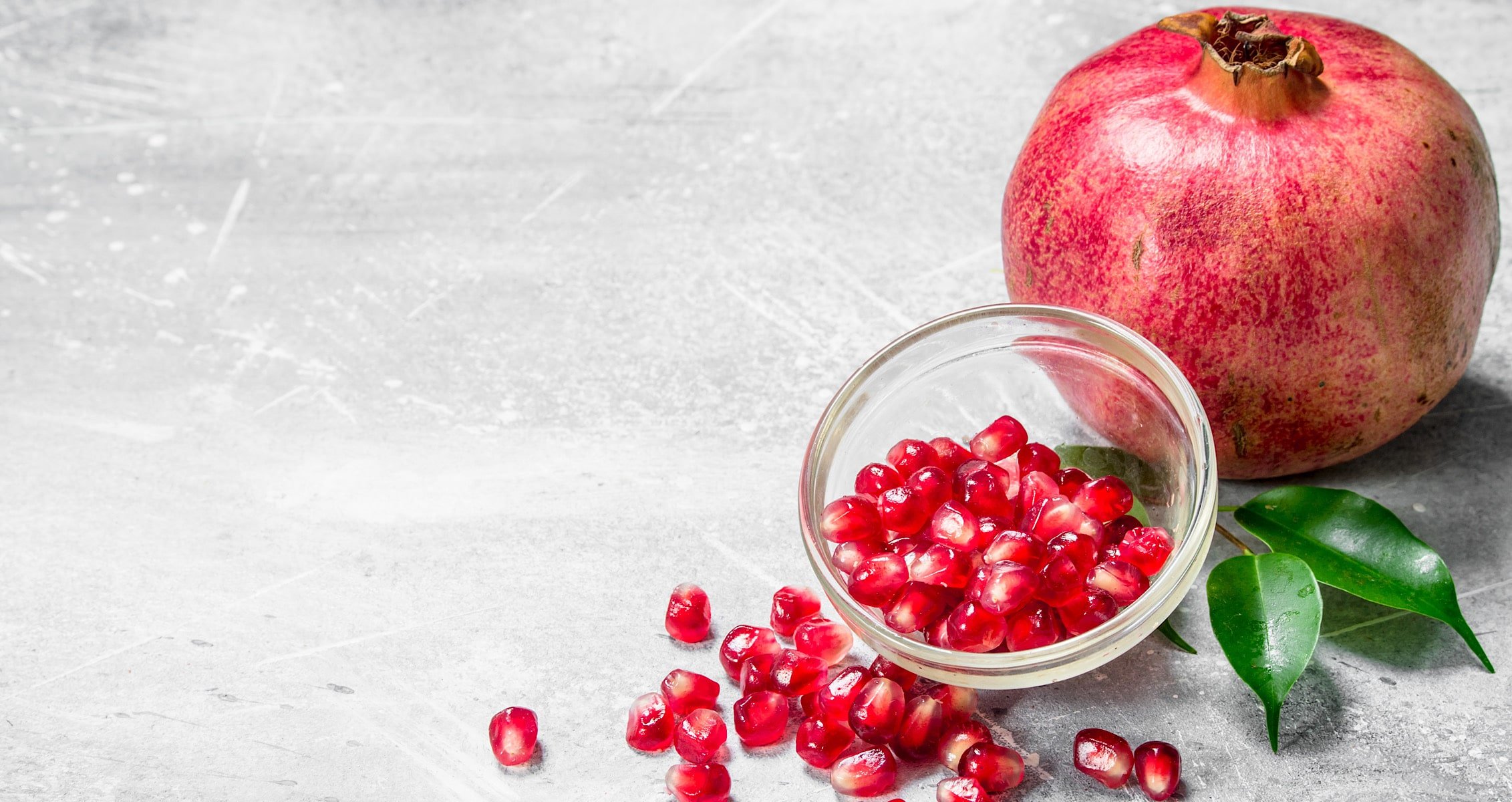
Research from a 2016 study found that this fruit accelerates muscle recovery and soreness.
The study stated that pomegranates ‘seems to ameliorate (make) the capacity to adhere to an intensive training program. Therefore, elite weightlifters are advised to use natural POMj (pomegranates), during intensive training program and competition to accelerate muscle recovery’.
2. Peppers:
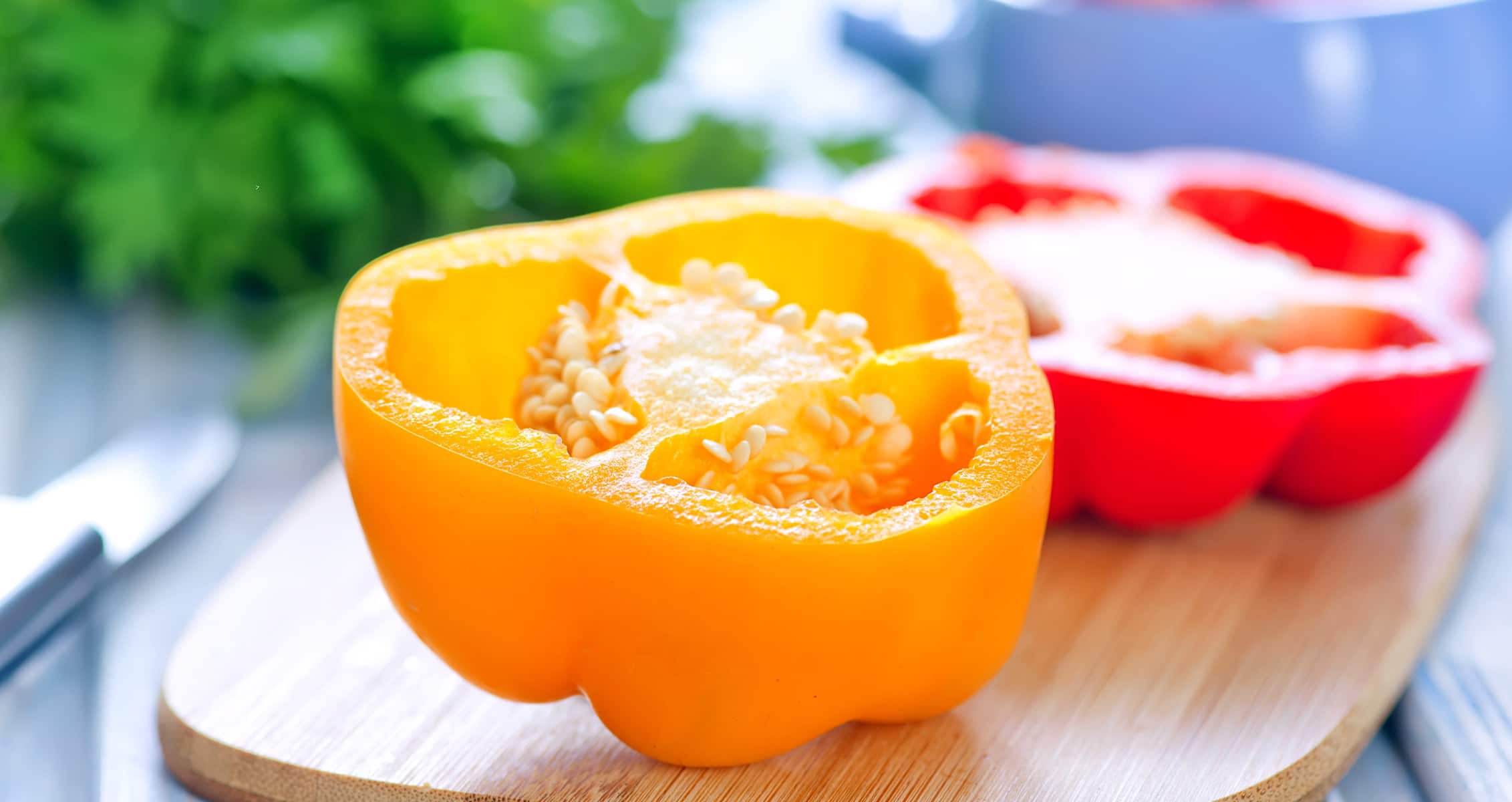
The brighter the colour the better an antioxidant (which is essentially a substance that helps protect against disease).
Peppers are high in vitamin C, as half a cup gives you 30% of your Recommended Daily Allowance (RDA).
According to a 2013 study concluded that the ‘human skeletal muscle is highly responsive to vitamin C intake, and exhibits a greater relative uptake.’
The benefit here is that vitamin C can help process carnitine, and carnitine is essential in energy production, as it transports fatty acids into the mitochondria so they are used to produce energy.
3. Soybeans:
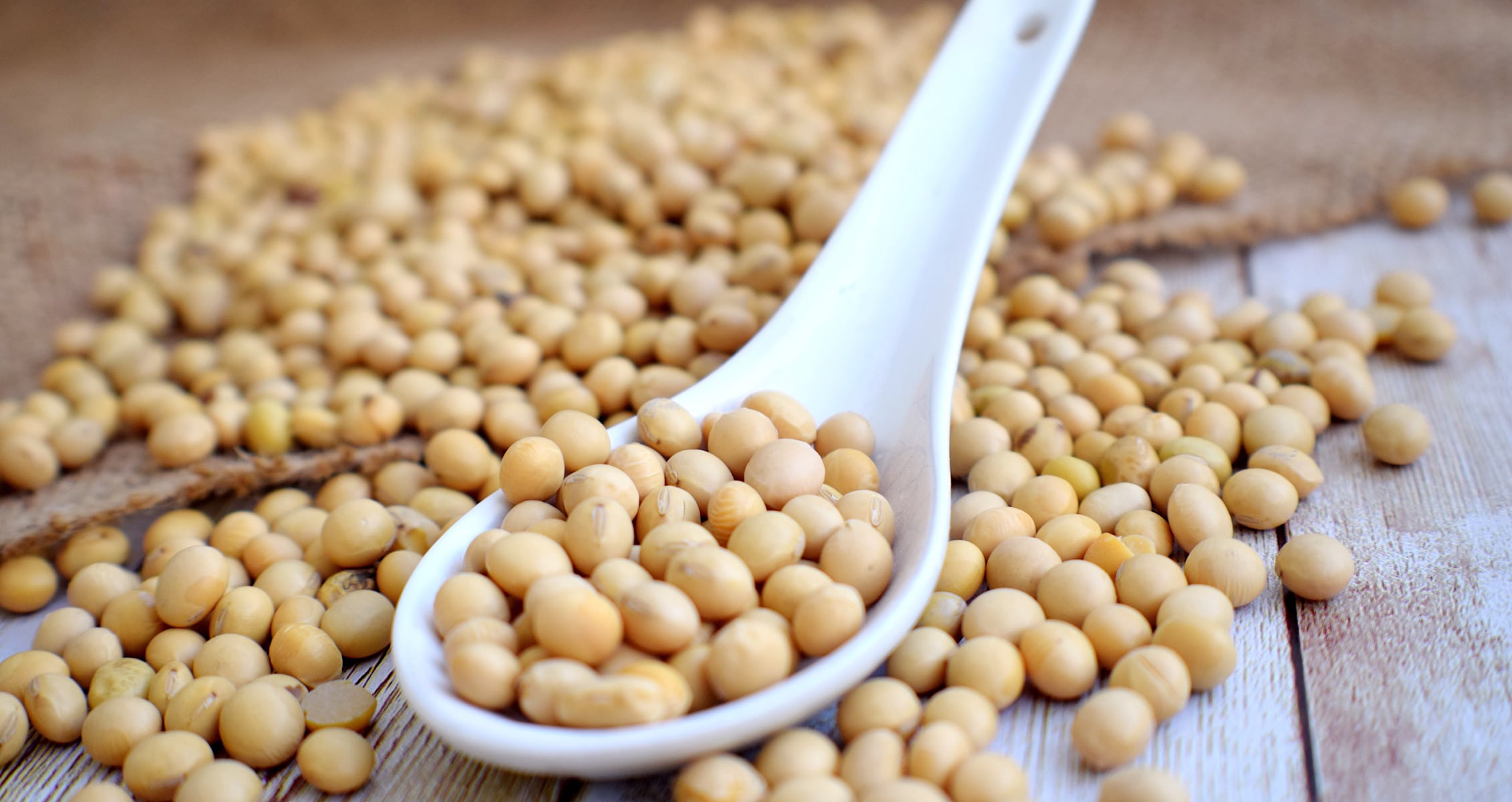
Unlike other vegetables this is a great source of protein, (and can also come in the form of edamame), but it also boasts a high content of leucine (which is 1 of the 3 main branched chain amino acids, which are beneficial in boosting muscle growth and performance).
Leucine is particularly beneficial as it can help with the growth and repair of bone and muscle and is also beneficial in the production of growth hormone.
So add a cup of soybeans to your next meal.
4. Tomatoes:
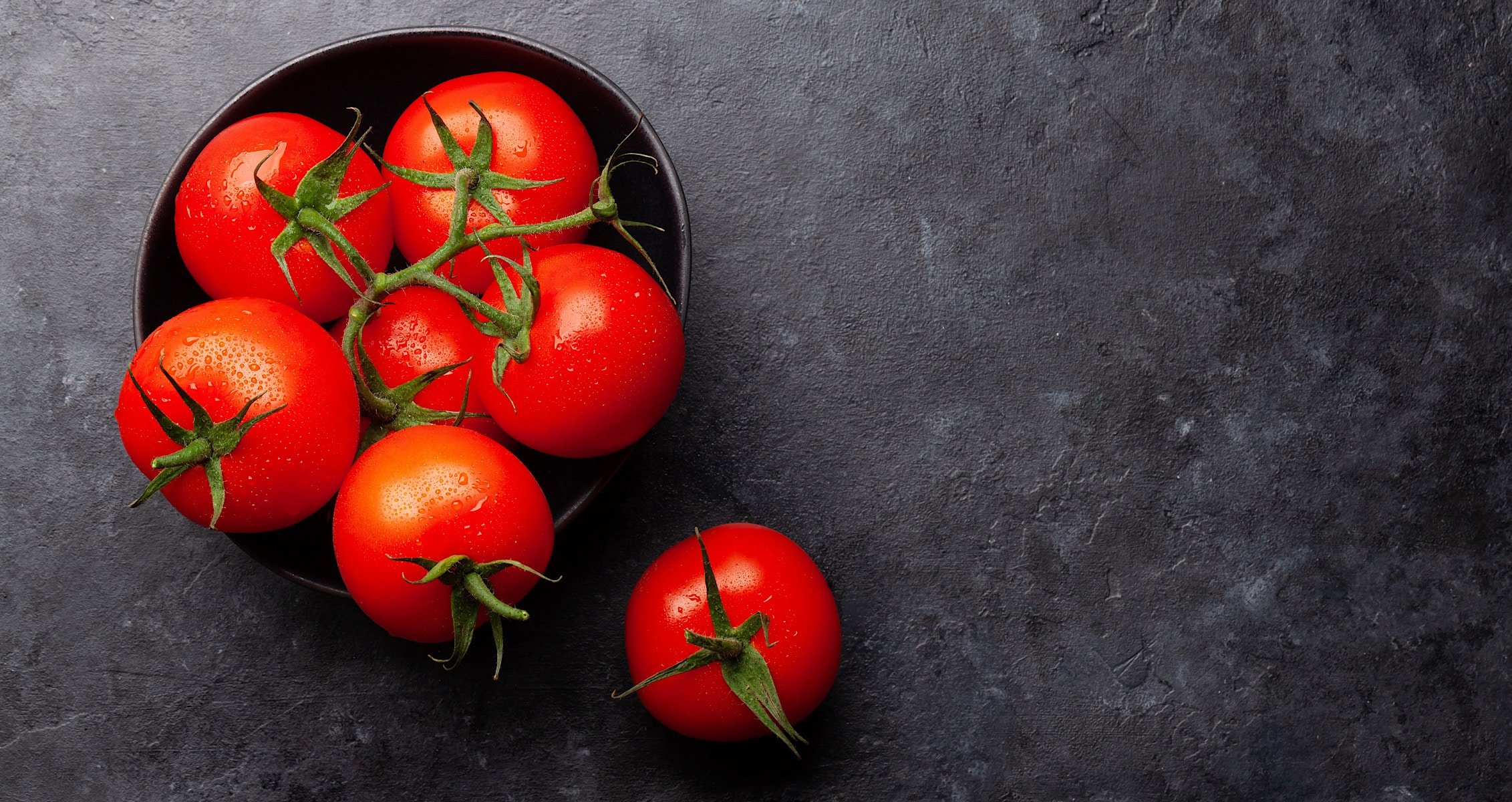
As a regular fruit, yes I said it, it’s a fruit, is a great antioxidant, and it also contains lycopene, (which is generally found in bright red fruit and vegetables).
A study from 2011 concluded that ‘lycopene in tomato juice has a beneficial effect on the oxidative stress on athletes and will improve their performance level when used as a supplement.’
Oxidative stress is the result of physical exertion of endurance exercise which leads to a depletion of energy, thus causing an imbalance and compromise of normal body functions.
A 2016 study also found that the ‘ingestion of tomato juice prior to exercise (pre workout), attenuate exercise-induced fatigue. Tomato contains many components that could prevent fatigue via synergistic and/or additive effects’.
So maybe swap out your current pre workout for tomato juice instead.
5. Pineapple:
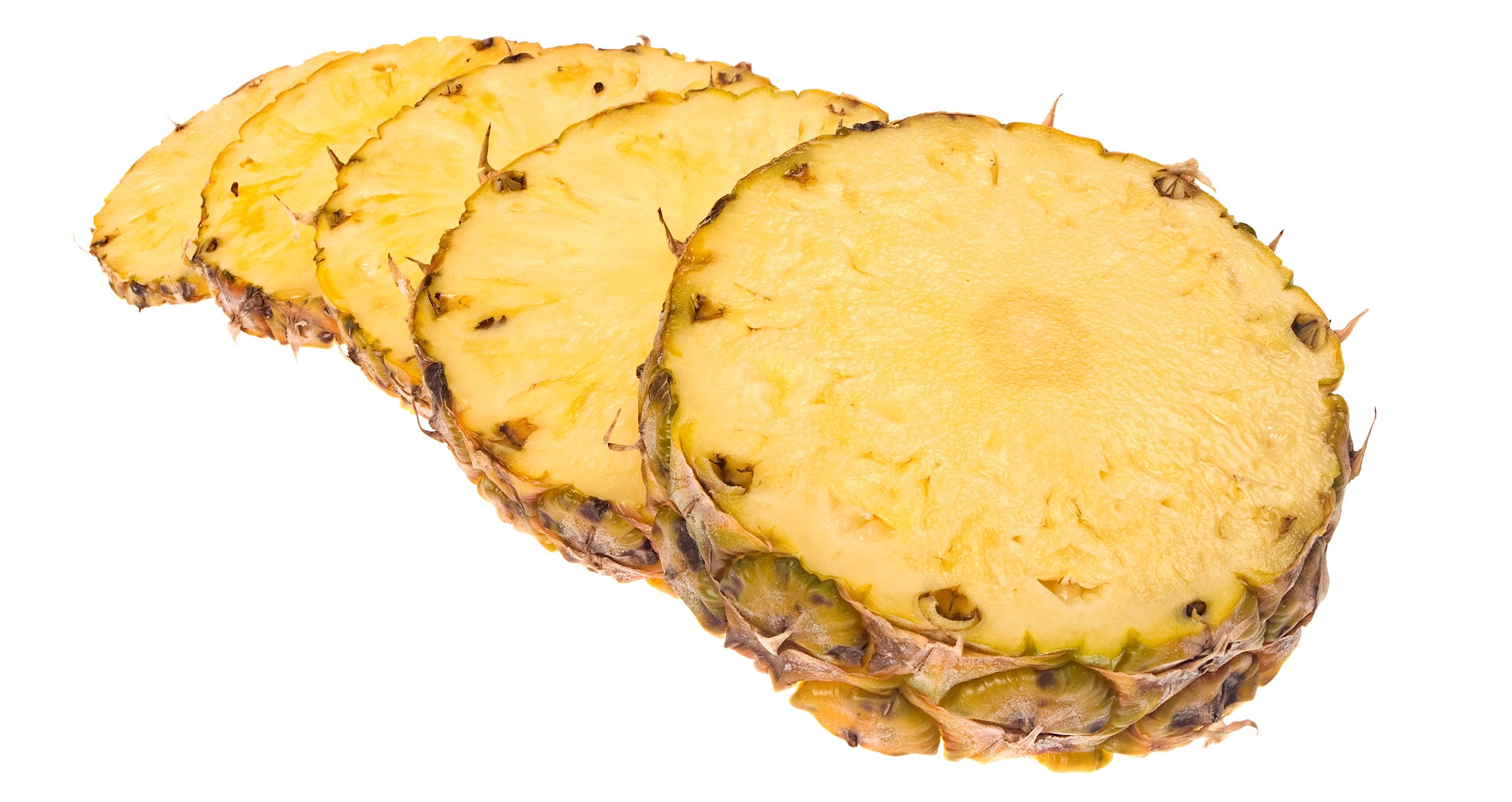
Have you ever wondered why some bodybuilders eat their chicken with pineapple, or why it is added to pizza?
Well believe it or not there actually is a valid reason, well maybe not for the pizza, but pineapples contain the enzyme bromelain, which is a complex mixture of protease, and protease is an enzyme which breaks down proteins and peptides into amino acids.
So having a slice of pineapple next to your protein doesn’t look so crazy now.
6. Kimchi:
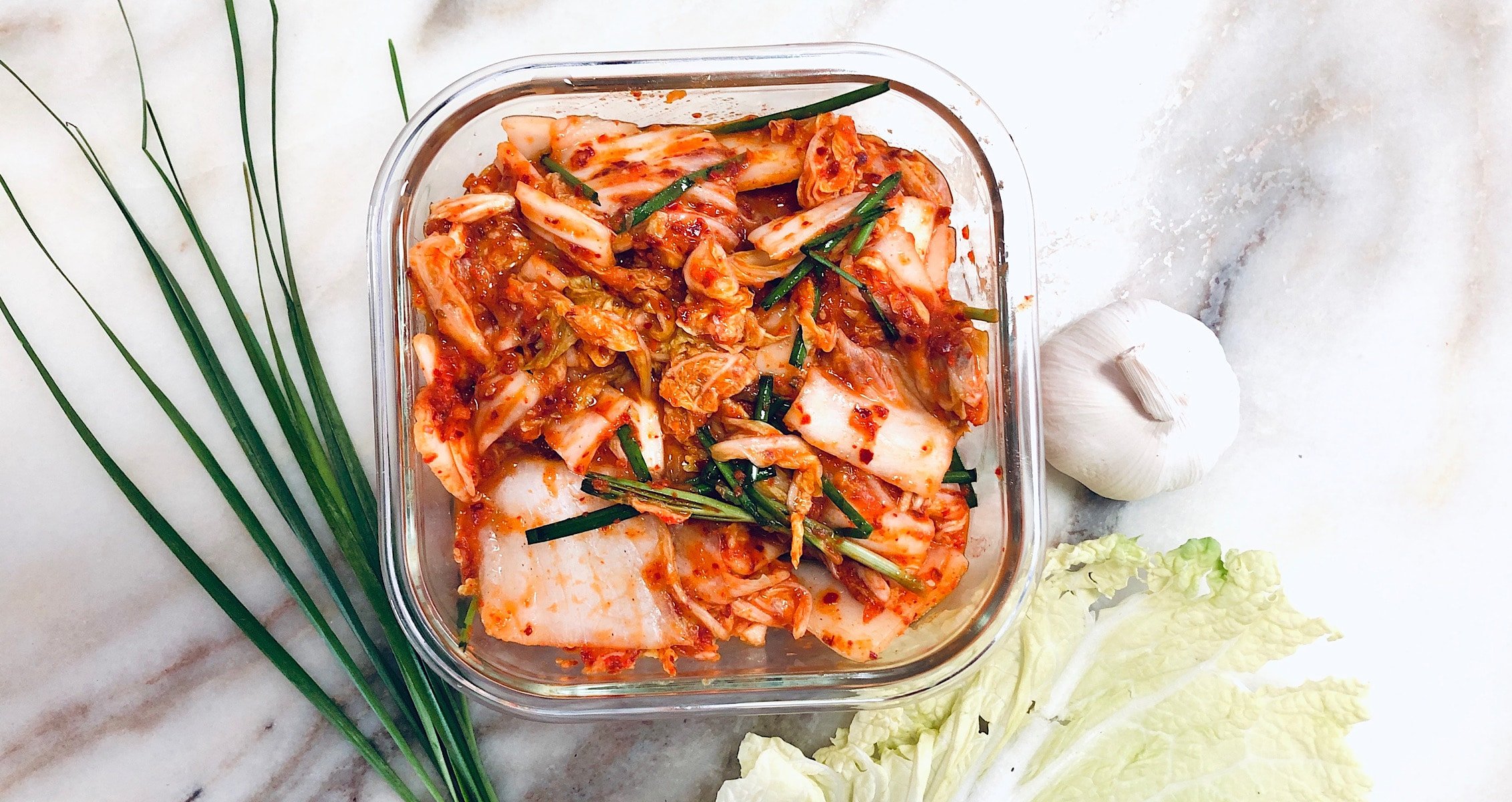
Made from fermented vegetables, and contains the bacteria of the Bacillus species and helps produce the three main digestive enzymes.
The enzymes in question are: Protease, which is essential for breaking down protein into amino acids.
Amylases, which is an enzyme which helps break down carbohydrates into simple sugars which the body can then use for energy.
And also contains Lipases, which help breakdown fat into fatty acids and glycerol and are then absorbed into the intestines.
7. Asparagus:
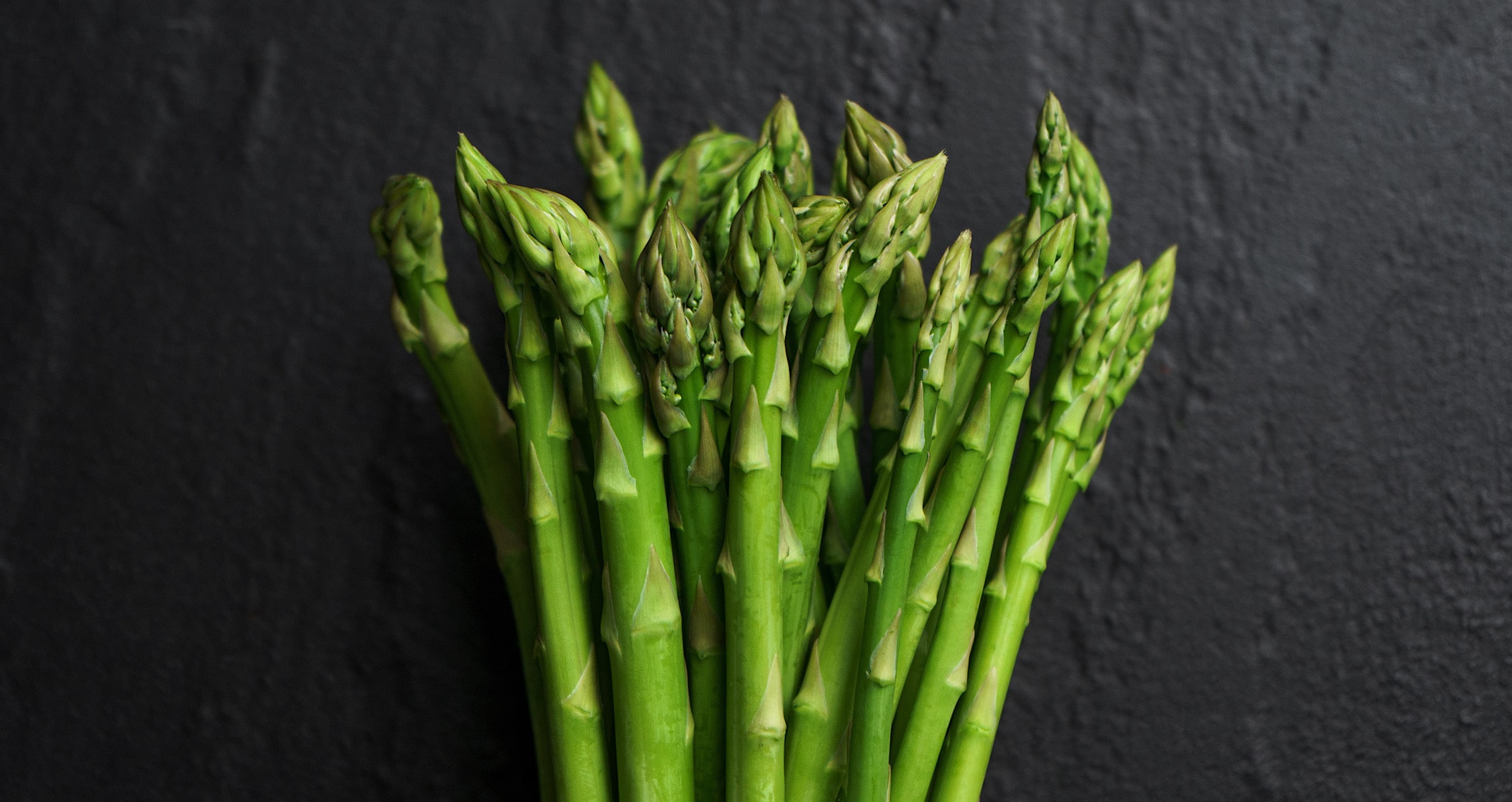
Asparagus is great with bodybuilders as it’s a great diuretic (makes you pee more), so great pre contest. And the distinct urine smell from eating asparagus comes from asparagusic acid.
As well as that, asparagus is full of vitamin K, which is essential for strong bones and healthy blood clotting, and there seems to be evidence suggesting that vitamin K and vitamin D work together ensuring bone density.
If you are adding asparagus to your diet, you are now warned that your pee will smell bad.
8. Cranberries:
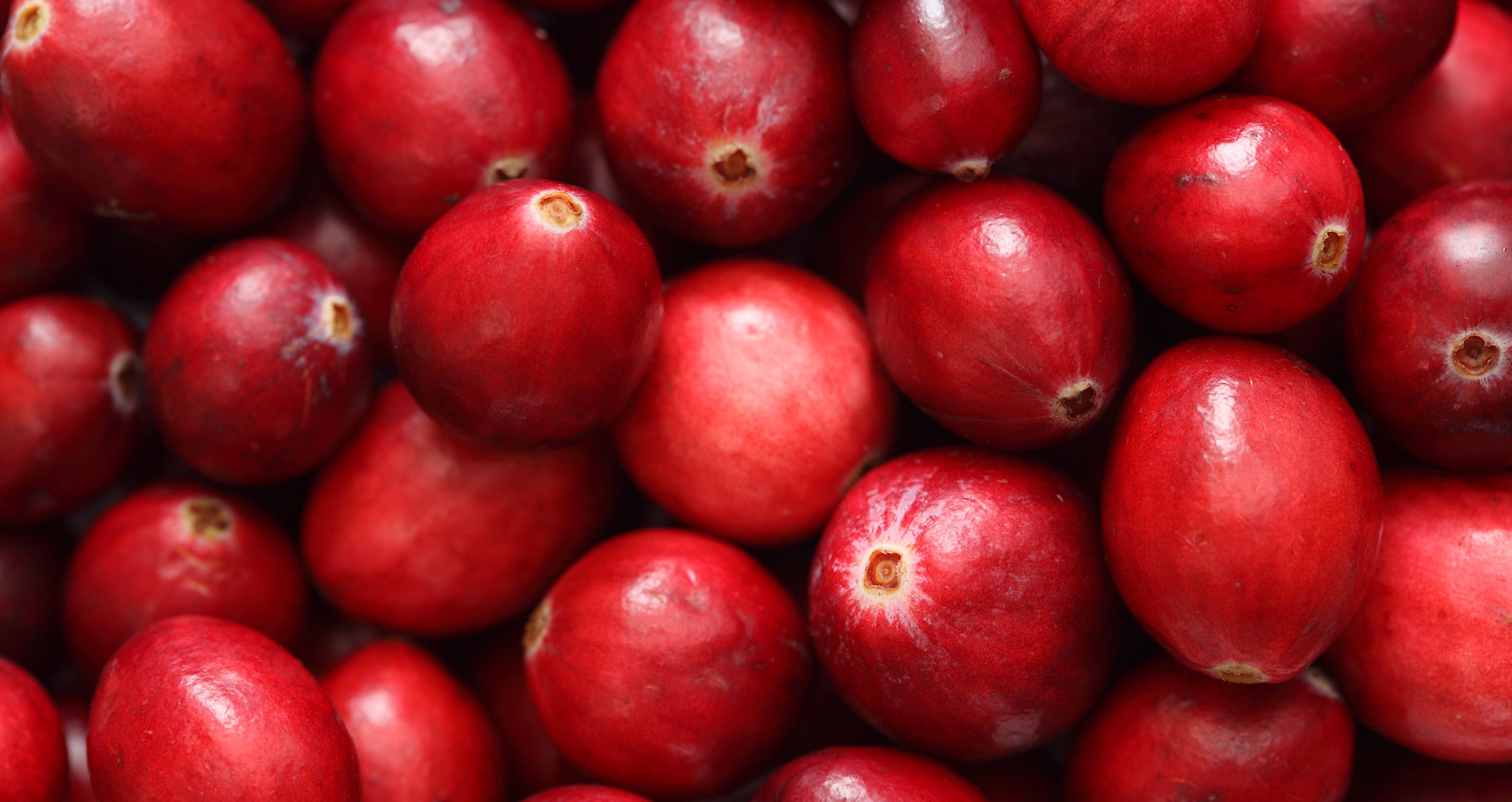
Another great fruit which will make you run to the toilet as it also has diuretic properties, cranberries are particularly beneficial as they are able to remove fluid without eliminating potassium from the body.
Cranberries also contain manganese, which is essential for bone development and maintenance, and they are also high in antioxidants which can help reduce the risk of chronic disease.
Add a cup of cranberry juice to your diet, or even add some to your post workout shake.
Conclusion
So you now have a clearer idea of the important, and not so obvious role that fruit and vegetables play in our journeys to getting bigger and stronger. And this list is just the tip of the iceberg… (lettuce)
So as your mother would say. ‘ don’t forget to eat your greens’.
References:
https://academic.oup.com/ajcn/article/97/4/800/4577085
https://jissn.biomedcentral.com/articles/10.1186/s12970-017-0189-4
https://www.ncbi.nlm.nih.gov/pmc/articles/PMC5072630/
https://www.ncbi.nlm.nih.gov/pmc/articles/PMC4492638/
https://www.ncbi.nlm.nih.gov/pmc/articles/PMC6245118/
https://jissn.biomedcentral.com/articles/10.1186/1550-2783-8-S1-P21
https://www.scirp.org/journal/paperinformation.aspx?paperid=67360
https://pubmed.ncbi.nlm.nih.gov/23304525/
https://pubmed.ncbi.nlm.nih.gov/24456350/
https://pubmed.ncbi.nlm.nih.gov/11684396/
https://pubmed.ncbi.nlm.nih.gov/22747948/
https://pubmed.ncbi.nlm.nih.gov/9251891/
https://pubmed.ncbi.nlm.nih.gov/14733499/

